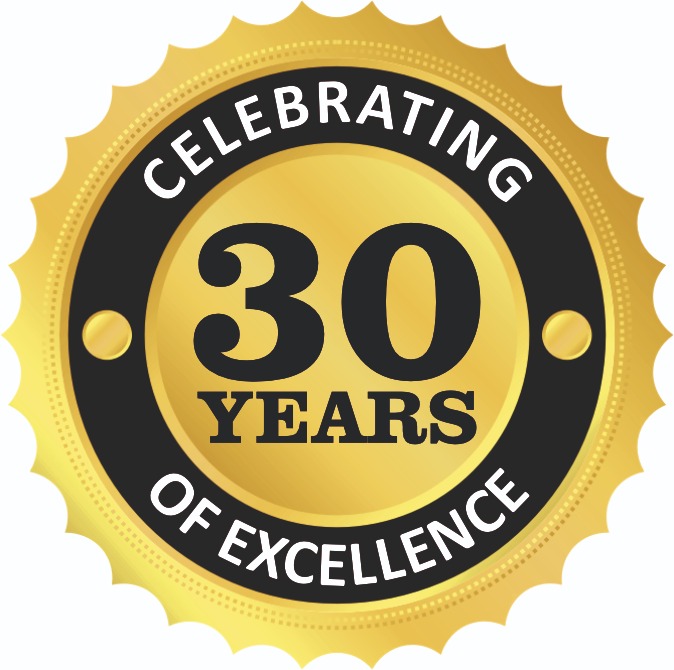Latest Updates
The distinguished resource person for the session was Shri Atul Tripathi, an eminent professional with over two decades of extensive experience spanning industry, research, and policy domains in Quantum Computing, Artificial Intelligence, Cyber Security, and Data Engineering. Shri Tripathi has held prestigious positions, including AI Consultant at the Prime Minister’s Office (National Security Council Secretariat), Principal Data Scientist at Tech Mahindra, Advisor at the Data Science Centre – IISER Mohali, and Honorary Adjunct Fellow at the National Maritime Foundation (Indian Navy). He has also been associated with leading institutions such as IIT Kanpur, ISI Kolkata, and Wipro Technologies.
The event began with Saraswati Vandana and the lamp-lighting ceremony, followed by a Welcome Address by Dr. Sunil Kumar Pandey, Director, I.T.S., who extended a warm welcome to the guest speaker and emphasized the importance of developing future-ready competencies. The session was also graced by Dr. Uma Gulati, Chairperson – MBA Programme, and Dr. Mansi Singh, Session Coordinator. The guest was felicitated with a bouquet, shawl, and gifts as a token of respect and appreciation.
In his insightful and engaging address, Shri Atul Tripathi discussed the technological trends transforming the global business landscape—particularly Artificial Intelligence, Quantum Computing, Blockchain, Data Science, and Cyber Security. He highlighted the critical need for professionals to align their skills with future industry requirements and shared valuable insights into emerging career opportunities leading up to 2030. The session was highly interactive, with students actively participating in discussions enriched by real-world applications and strategic career guidance.
The session concluded with a plaque given by Dr. Sunil Kumar Pandey as a token of gratitude and appreciation for Shri Atul Tripathi’s valuable time and contribution.
The event witnessed the enthusiastic participation of 84 MBA students, 90 MCA students, and around 15 faculty members from both departments. Participants shared highly positive feedback, expressing that the session was motivational, informative, and instrumental in expanding their understanding of emerging technologies and future career prospects.

